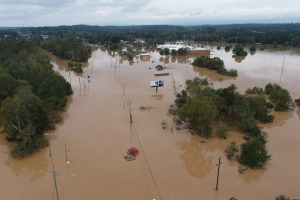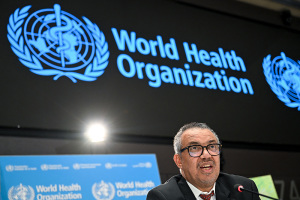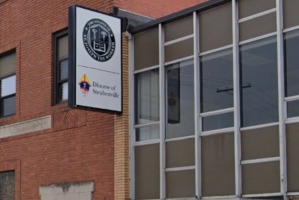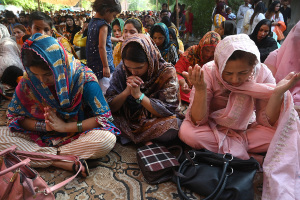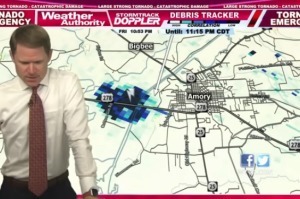Doctor Learns Joy, Forgiveness, Wisdom Working With Dying Patients
A "perfect storm" is brewing for the approximately 79 million members of the baby boom generation, according to Colorado physician Karen Wyatt.
With advancing age, these individuals face not only concern over Medicare and Social Security, but cope with the passing of their parents while also confronting the inevitability of their own death.
Wyatt, through her work as a hospice physician, found that there is much to be learned by viewing life through the eyes of those who have already confronted their own mortality, facing the crisis head-on.
Her new book, What Really Matters: 7 Lessons for Living from the Stories of the Dying, presents the stories of these patients, and the spiritual lessons she learned from them.
She told The Christian Post that she began volunteering in hospice care after her father committed suicide. She said she thought if she immersed herself in dying and grief it might help her get over his death.
But what she found was rather than everything being "all sadness, there was a lot of joy in hospice work. The patients were so fully alive in making the most of their lives. It totally inspired and transformed me. I felt like this was wisdom everyone needs," she said.
The lessons in the book are based on ancient wisdom common to all the great religions, they mirror the seven statements attributed to Jesus on the cross, and are titled "Suffering, Love, Forgiveness, Paradise, Purpose, Surrender, and Impermanence."
Wyatt told CP she wanted to write a book to reach out to people who might have left behind their religion, but never really discovered their own belief or faith or spirituality. It's meant to give them a spiritual framework in dealing with the end of their lives – as many are ill-equipped to do so.
She explained that today's society is obsessed with youth and success, and has ignored the reality of death and loss for several decades. In addition, much of this generation, including the 42 percent who have dropped out of all religious practice during adulthood, are lacking the spiritual skills many people rely on to manage crisis and catastrophe.
"As I look around our society and I see how much focus is on materialism and external things…it leads people to have empty lives. So no wonder they are afraid to die," she said.
Add that to the global disruptions occurring in today's environmental, economic and political arenas, and we find an urgent need for a new way of seeing life and death in the 21st century, Wyatt maintained.
Each chapter begins with a specific patient story to illustrate the lesson being taught. The final chapter of the book, "Living the Lessons," provides a practical approach for implementing the teachings in daily life, including tools and resources for those who wish to create or augment a spiritual practice.
She said that in watching her patients, the stories of forgiveness impacted her the most. Wyatt saw family members reconcile who hadn't spoken to each other in years.
This caused her, in turn, to seek out those in her life she had never reconciled or forgiven. She says it had changed her, and now, "when I'm in a situation and someone says something hurtful, in the past I might have gotten upset, but I feel like I'm living in constant forgiveness, trying to see the person for who they are. I feel so much freer."
Karen M. Wyatt, MD is a family physician who has spent her 25-year medical career working with patients in challenging settings, such as hospices, nursing homes and indigent clinics. She has founded a free medical clinic in a homeless shelter, accompanied three medical mission teams to Honduras, and led a non-profit clinic for the uninsured in its growth from a 4-hour per week all-volunteer operation to a full-time, full-service medical center.















